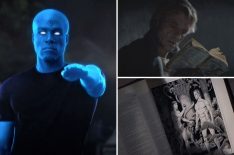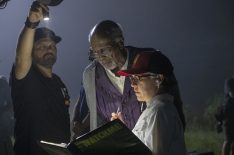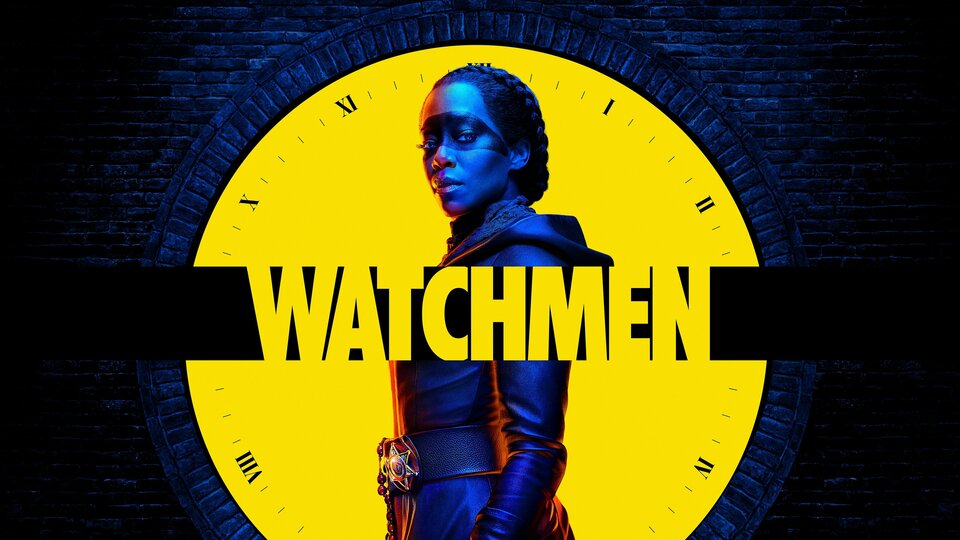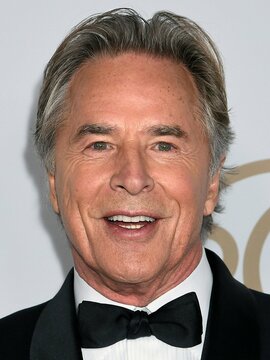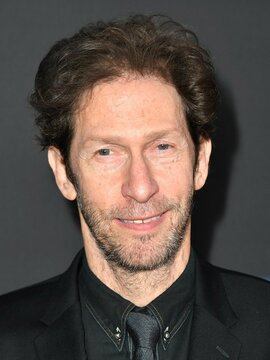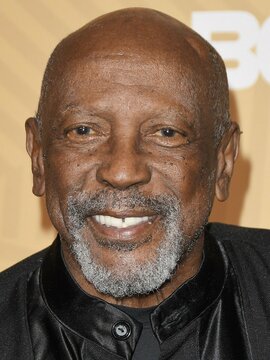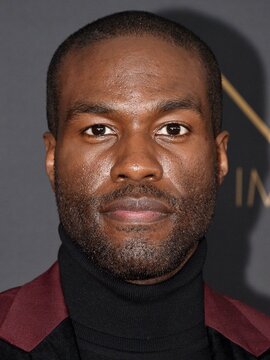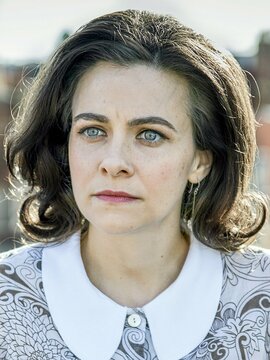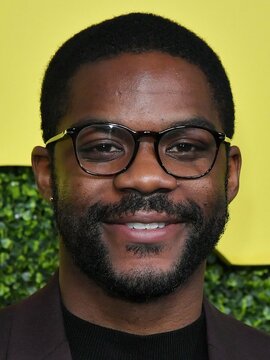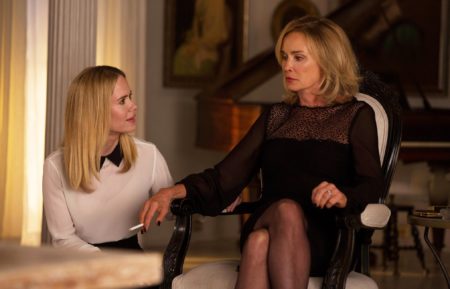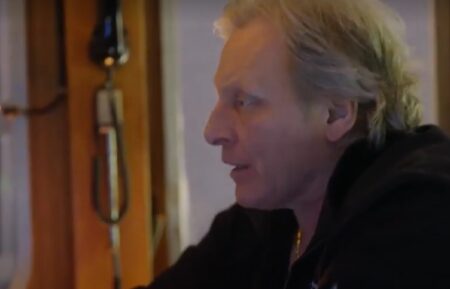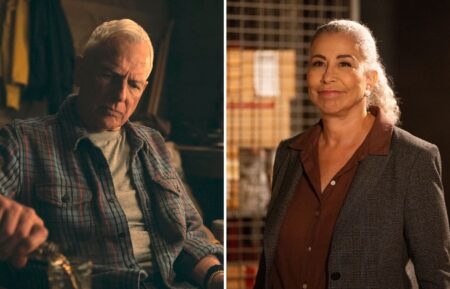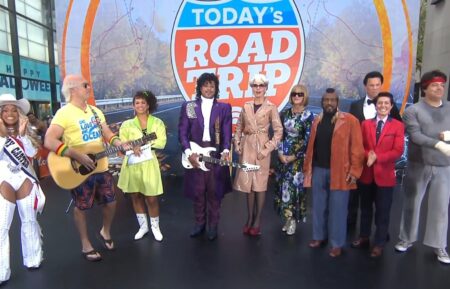Everything Ends in the ‘Watchmen’ Finale… Or Does It? (RECAP)
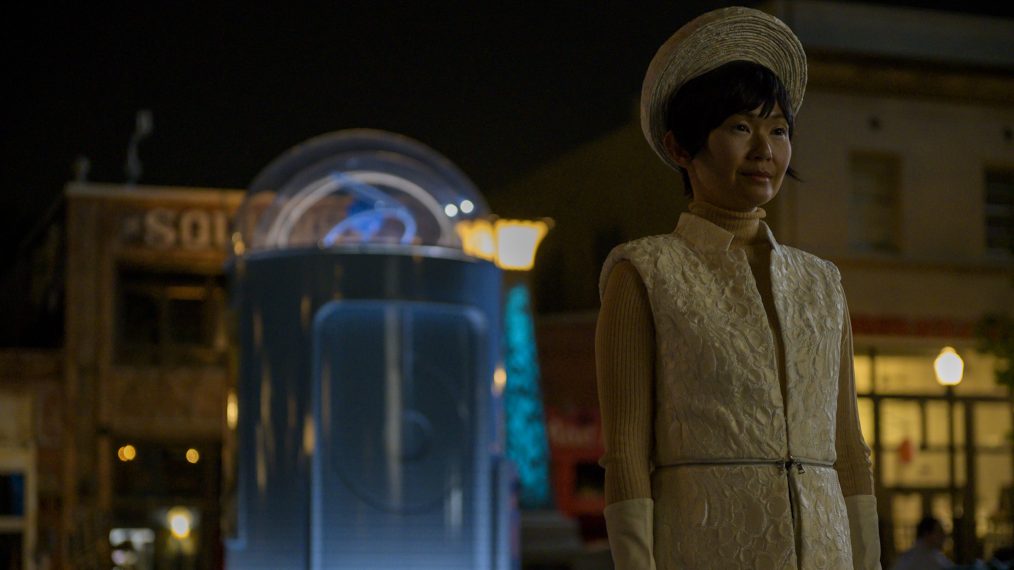
Spoiler Alert
[Warning: The below contains MAJOR spoilers for Watchmen Season 1 Episode 9, “See How They Fly.”]
The satisfactory ending — it’s an albatross that Damon Lindelof has carried around his neck ever since the series finale of Lost. If you weren’t a Lost obsessive at the time (like myself), you might forget just how much rage and disappointment there was over the ending (even though I personally enjoyed it, for the most part). People were angry, and it made many of them distrustful of Lindelof and his ability to deliver a fulfilling conclusion to his work projects.
I think that distrust is a part of the reason the ratings for The Leftovers (Lindelof’s previous HBO show) were so low, despite it being one of the best shows of the past decade and a sort of redemption for Lindelof when it came to pulling off a satisfying ending. Committing to these expansive, high-concept, complex TV shows that can be confounding and perplexing is a big ask, and people can feel really burnt if they don’t get the payoff they think is owed. And so, that is how we enter the finale of Watchmen, another Lindelof project that has been as entertaining as it has bewildering.
So, was the finale satisfying? Well… kind of. I know that’s a cop-out of an answer, but it’s my genuine first reaction. It certainly wasn’t the best episode of the season, let’s put it that way. There were parts of the finale that I really liked, and all of the major plot points came together in a way that, at the very least, made sense, even if not entirely gratifying. But it also had its flaws, and in many ways, it felt way less bold and ambitious than episodes we’ve seen earlier in the season. Watchmen put out some of the most audacious television of the year, but the finale was almost standard superhero fare in comparison.
I came into Watchmen burnt out on superhero shows and movies but was quickly won by the daringness, the absurdity, the willingness to twist convention and use the comic backdrop to tell a dark, deep story with real-world relevance. My favorite parts of the show have been in the character studies, in the ingenious ways in which elements from the original comic were reshaped, and in the performances of the main cast, particularly Regina King and Jean Smart. My least favorite parts have been the drawn-out Adrian Veidt storyline and the exposition-filled monologues, and sadly, the first half of this finale is almost all that.
A large chunk of this episode revolves around Lady Trieu (Hong Chau), who, for weeks, has been planning something monumental with the launch of her Millenium Clock. It turns out Trieu has a deeper connection to the story than first thought — she is Veidt’s daughter. This is as much of a surprise to Adrian as it is us. Back in 1985, before Veidt unleashed his fake squid alien on New York, one of his Vietnamese cleaners, Bian (Jolie Hoang-Rappaport), snuck into his office, took a test tube of Veidt’s semen (which he keeps behind a portrait of Alexander The Great, of course), and inseminated herself.
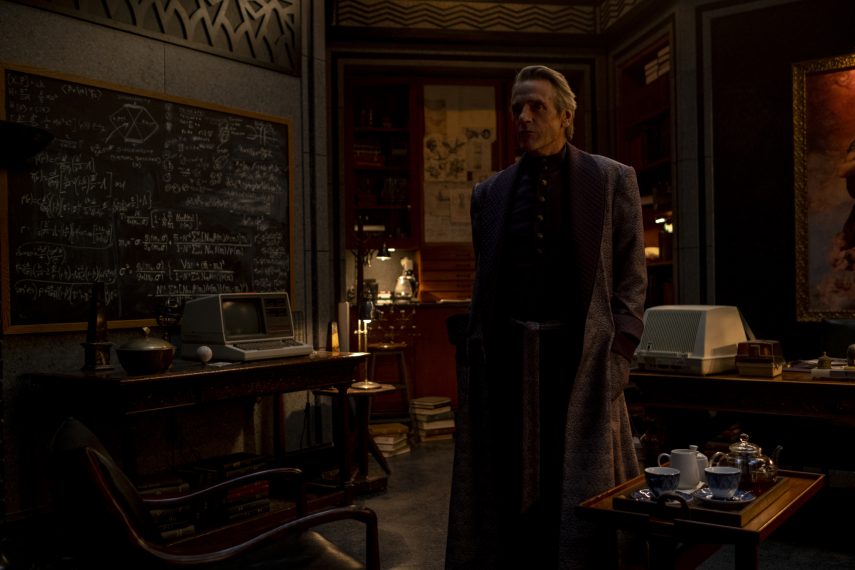
HBO
Twenty-three years later, Trieu visits her father in his Antarctic hideout and essentially reiterates all of the above. She knows all about him and what he did in ’85. She knows that Dr. Manhattan is living on Europa (thanks to a satellite she has orbiting space). And, apparently, she knows how to save the world and make every nuclear weapon disappear. This is all a bit “evil baddie explains all their plans” and not in a captivating or original way. It’s a shame because Trieu’s introduction back in episode 4 was really strong, but since then, she’s been mostly sidelined. There hasn’t been enough depth to her character to buy into her as the big bad of the finale.
Anyway, Veidt initially turns down Trieu’s plan, which involves destroying and then becoming Dr. Manhattan, and then supposedly using those powers to help the planet. He’s not going to bankroll her project, and he’s definitely not going to call her “daughter.” But, of course, Veidt changes his mind when he needs her help to escape Europa. It was Trieu’s satellite he sent his SOS message to, and as we pan out from the window of his return shuttle, we see the full message read “SAVE ME DAUGHTER” — that’s a lot of dead clones needed to make all those letters.
All this time, Veidt has been sort of cryogenically frozen within the golden Ozymandias statue standing in Trieu’s office (congrats to the people that called that!). She was simply waiting for the launch of the Millenium Clock, so she could thaw him out and make him watch on as she becomes Dr. Manhattan. Again, this is all explained in another exposition dump from Trieu, and the worst part is, she isn’t the only one delivering time-stalling, bad guy monologues in this episode.
Over at the abandoned department store, which now doubles as the Seventh Kavalry headquarters, Senator Joe Keene Jr. (James Wolk) strips to his underwear as he rattles off everything that’s about to happen and the reasons why. He bitches about President Robert Redford taking away their guns and making them say sorry for the indiscretions of their ancestors. “He made us say sorry for our skin,” he says. All of this is fine — the racial tensions and rise of white supremacy are facets of the story the series has got spot on. But it’s when he starts explaining how they found Dr. Manhattan or built the machine to contain him when I start rolling my eyes.
Keene and Trieu both have the same plan. And both of them claim to be doing it for the greater good, despite their differing ideologies. And while Dr. Manhattan (Yahya Abdul-Mateen II) is captured (teleported into the 7K’s machine after he was zapped last week), neither of them achieve what they set out to do. Keene is reduced to a pile of black goo when he attempts to transform into Dr. Manhattan. And after Trieu wipes out the originators of the Cyclops group (who Keene had gathered to watch his transformation) and kills Dr. Manhattan, she meets a similar, albeit less sticky, fate.
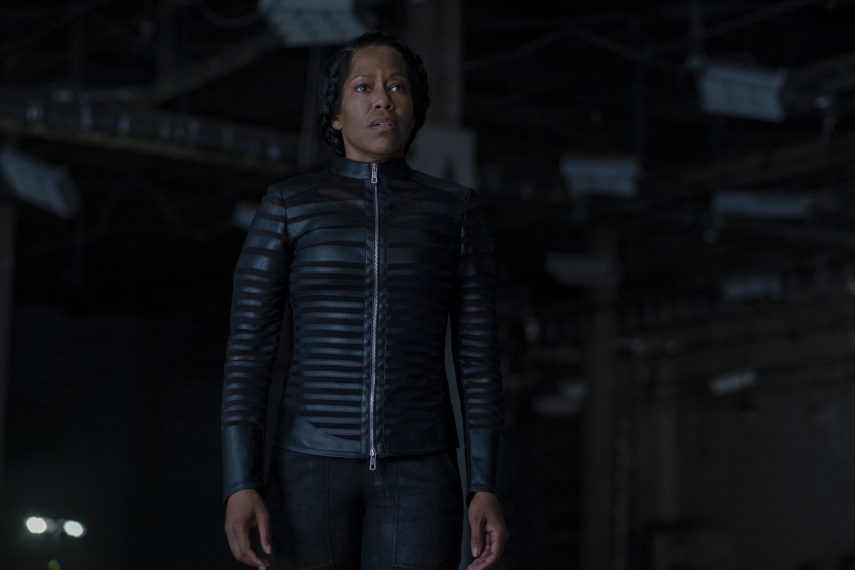
HBO
It’s only here where the episode really starts hitting for me. Angela and Dr. Manhattan’s goodbye scene is surprisingly touching, and I say surprisingly because last week, I wasn’t entirely sold on the relationship. But Dr. Manhattan remembering his life as Cal, and all the moments he and Angela worked together, there is something heartwarming about that. For a brief time, Jon Osterman was able to find love and live as a human again, or at least as close to human as his situation allowed.
Also, Veidt reuniting with Laurie (Jean Smart) and working alongside Looking Glass (Tim Blake Nelson) to save the day is excellent fun. In one final act, Dr. Manhattan teleports the trio to Veidt’s lab, where they come up with a plan to stop Trieu, involving the squid-fall. Veidt says he can freeze the squid before he drops them on Tulsa, basically turning them into bullets falling from the sky. There’s also a nice bit of self-awareness in this scene, as Veidt describes Trieu as a “raging narcissist whose ambition knows no limits.” “Takes one to know one,” he confesses.
And so, the frozen squid bullets come showering down from above, destroying Trieu’s floating Millenium Clock and sending it crashing down on top of her. Meanwhile, Angela runs for shelter in the nearby theater, where her grandfather Will (Louis Gossett Jr.) sits, watching over his sleeping grandchildren. It’s the same theater he sat in almost 100 years ago during the Tulsa massacre. This heart-to-heart chat between Angela and Will is the kind of scene that Watchmen does best. “You can’t heal under a mask,” Will tells his granddaughter. “Wounds need air.”
It’s a scene of reconcilliation, of two characters who have seen and been through a lot and share similar experiences. They’ve both felt anger and fear and hurt. Now it’s time to help each other. That’s what Jon would have wanted — obviously, it turns out that Dr. Manhattan knew he was going to die. Jon was never comfortable with his powers or what he had done with his powers. It’s why he left Earth and tried to start anew on Europa. And it’s why he accepted death. He didn’t have what it takes to use his powers to help others. “Considering what Jon could do, he could have done more,” Will says.
But what if somebody else could do more with those powers? You see, there is a line that keeps turning over in Angela’s head. A message that Will passed on from Jon. “You can’t make an omelet without cracking a couple of eggs.” Eggs have been a recurring motif all season, ever since Will fried some up for himself back in the premiere. But it isn’t until Angela goes to clean up the cracked eggs on the kitchen floor that she realizes the significance. In the box is one lone uncracked egg, and she remembers something she asked Jon on the first night she met him.
“Can you transfer your powers to someone else? Like say, what if you put your powers in this egg and I ate it, could I walk on water?” Jon said it was theoretically possible, even though at the time, Angela was skeptical of everything that came out of the blue man’s mouth. But a lot has happened since then. What if it is possible? So Angela swallows the raw egg and takes a step into her swimming pool and… CLIFFHANGER!
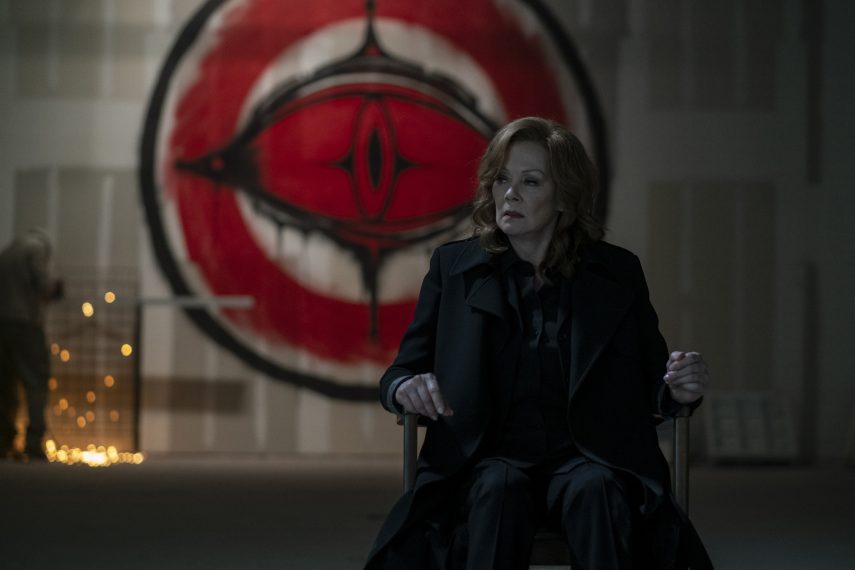
HBO
No doubt, some will be frustrated by not receiving an answer at the end there, but for me, I’m okay with it. I’m more annoyed we never found out more about Lube Man — remember the dude dressed as an alien who slid into a drain after Angela caught him spying on her? But who knows, maybe we’re getting a second season (as of writing, neither Lindelof nor HBO has confirmed any future plans for the series).
However, if this is just a one-off, I think even with a flawed finale, Lindelof and the team pulled off something many thought impossible. Watchmen has often been called unadaptable, and we all remember the divisive reaction to Zack Snyder’s movie adaptation. The comic has a hardcore fanbase that holds these characters and this world sacred. So for Lindelof and co to come in and expand on this universe and reimagine these characters in such a fearless and creative way, should be applauded. Even if just for that Hooded Justice episode alone, Watchmen has been a worthy endeavor, and if it does return, I’ll be watching.
Additional Notes
- There’s a cool little Night Owl shoutout towards the end of the episode when Veidt reveals he has Archie (Night Owl’s spaceship) in storage. And lucky old Looking Glass gets to drive it!
- Sticking with that scene for a moment, Laurie announces that Veidt is under arrest for killing 3 million people. Veidt is incredulous, especially after he just helped save the day. “I suppose you’re going to arrest the President too?” he scoffs. “Sure,” Laurie replies. “You can’t do that because then the world will end,” Veidt tells her. “Yeah… people keep saying that, but it never seems to happen.” Imagine such a world!
- Also, I will say that Watchmen is at least self-aware when it comes to its overly long monologues. Looking Glass knocks Veidt out with a wrench mid-speech, before telling Laurie, “He talks too much.”
- As I previously suspected, the Game Warden (Tom Mison) was just part of Veidt’s clone roleplay games, something to keep his mind busy while on Europa. “I had 8 years to kill, I needed a worthy adversary to keep me sane,” Veidt tells the Game Warden as he dies in his arms. “Was I worthy?” the Warden asks. “No.”
Watchmen, Sundays, 9/8c, HBO

